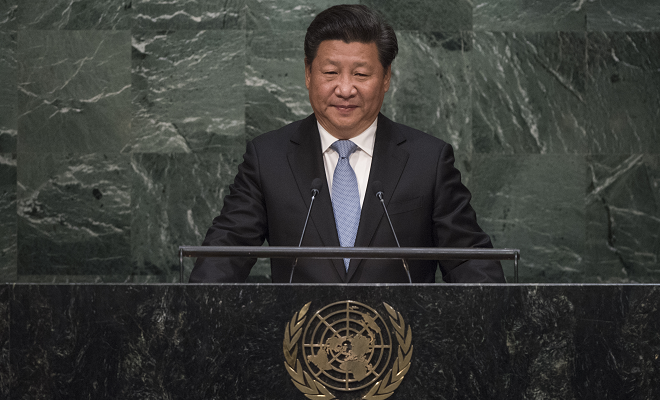Recording
Watch the recording of the webinar.
Programme
09.00/16.00 Introduction
Dan Banik, Professor of political science and Director of the Oslo SDG Initiative at the Centre for Development and the Environment, University of Oslo
Liu Baocheng, Professor and Director of the Center for International Business Ethics, University of International Business and Economics, Beijing
09.10/16.10 Presentations
- How can China and Europe collaborate on the BRI?
Daojiong Zha, Professor, Peking University - China’s environment protection efforts and the importance of a sustainable BRI
Qinduo Xu, Political analyst, China Global Television Network/ Renmin University - Beyond Recovery, towards 2030: China’s role in shaping a new multilateralism after COVID-19
Yalin Wang, Team Leader Sustainable Business and Investment, UNDP China - Global unity to fight common threats
Keyu Guan, Senior Researcher and Deputy Secretary, Central Party School of the CCP
09.30/16.30 Comment
Marina Rudyak, Postdoc, Universität Heidelberg
09.35/16.35 Discussion & Q&A
Moderators: Prof. Dan Banik & Prof. Liu Baocheng
About this webinar
Addressing the challenges of climate disruption, international migration, pandemics, violent conflicts and poverty eradication require increased collaboration across national borders. The growth of nationalism and protectionist policies are, however, forcing many to rethink well-established understandings of the benefits of globalization.
The Belt and Road Initiative (BRI) is illustrative of China’s growing assertiveness in international affairs and its embrace of multilateral institutions. Launched in 2013, the BRI aims to increase global connectivity through a series of large investments in roads, bridges, gas pipelines, railways, ports and power plants in large parts of the world. The BRI has also fast-tracked the creation of new multilateral financial institutions such as the New Development Bank, the Asian Infrastructure Investment Bank and the Silk Road Fund. However, despite the seven years it has been in existence, there are considerable gaps in our knowledge of the focus, content and strategies related to the BRI. Official policy documents provide vague formulations such as one that states that the BRI is “a positive endeavor to seek new models of international cooperation and global governance”. Due to this ambiguity, the motives behind China’s growing global footprint is variously interpreted by countries, organizations and scholars. While some view the BRI as a national or global vision aimed at promoting global development and trade through investments in infrastructure projects, others argue that the BRI is not only expanding the market for Chinese goods and services but also strengthening China’s military and geostrategic priorities. There are also growing concerns on the consequences of low-income countries defaulting on their debts and Beijing’s future response to such events.
This webinar will explore the impact of the global crisis caused by the coronavirus, which many believe has temporarily stained China’s reputation abroad. How does Beijing plan to bounce back and how strong is its renewed commitment to globalization?
